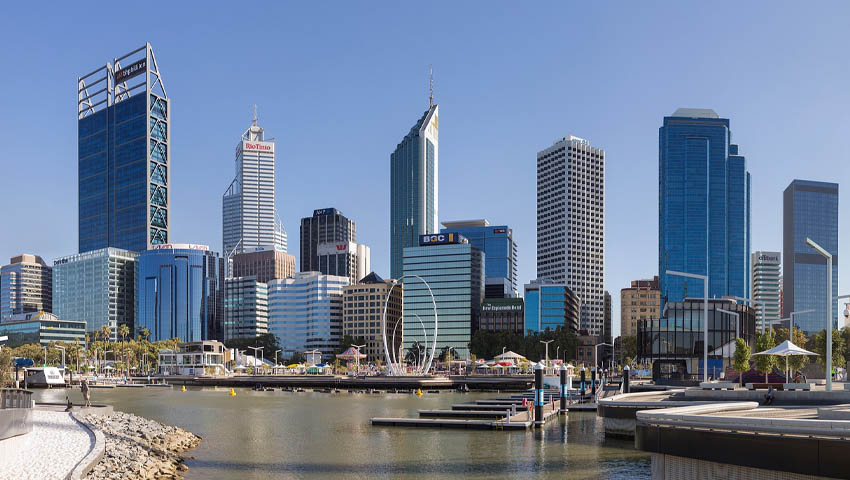The Western Australia government has announced its first ever defence research grants, which will see $700,000 shared between five WA university researchers and collaborators.
The researches that will benefit from the Defence Science Centre’s inaugural defence research grants range between teaming people with artificial intelligence in warfare strategies, addressing biological warfare and communication with autonomous underwater vehicles.
The grant recipients are as follows:
- Interactive Evolutionary Computation for the Discovery of Warfighting Strategies (led by Edith Cowan University in collaboration with Curtin University, Defence Science and Technology Group (DST) and Thales.)
- Preclinical testing of novel compounds against multi-drug resistant bacteria of biological warfare concern (led by the University of Western Australia (UWA) in collaboration with Monash University, Murdoch University and Defence Materials Technology Centre)
- High Speed Multimodal Underwater Wireless Communications (led by Curtin University in collaboration with Edith Cowan University. It is also supported by DST offering facilities and L3 Harris offering supply of equipment)
- Optimising team development and performance via team reflection protocols (led by Curtin University in collaboration with Macquarie University, DST, Army and UWA. It is also supported by staff at Sir Charles Gairdner Hospital and Thales)
- Cognitive Biosecurity: Assessment and training perceptual expertise for defence biosecurity threats (led by Murdoch University in collaboration with UWA, Michigan State University and DST)
The announcement was made by WA Premier Mark McGowan during his opening address at the Submarine Science, Technology and Engineering Conference 2019 (SubTEC5) in Fremantle.
“The research grants will bring some of the leading defence industry stakeholders together in Western Australia to find solutions or new ways to tackle defence and national security issues. It’s part of a bigger program of works to benefit the industry through cross-industry innovation and strengthens our state’s defence capabilities," Premier McGowan said.
“We have a highly capable defence industry and world-class industrial facilities, and are ready to take on the maintenance and sustainment of our naval fleet."
The announcements were made with an eye on the soon-to-be-made decision over the transfer of all Collins Class submarine maintenance to Western Australia.
"Moving Full Cycle Docking to Western Australia is in the national interest, it will result in a significant job boost and will generate millions of dollars for the state and independent studies show WA is ready and able to deliver on the country’s strategic defence needs," Premier McGowan said during his address at SubTEC5.
"Playing host to SubSTEC5 allows Western Australia to show its outstanding capabilities to leading industry figures and remain at the forefront of industry technology and advancements."
Defence Issues Minister Paul Papalia said the conference was timely as the Commonwealth weighs up the monumental decision.
“The McGowan government has put forward a comprehensive case that it’s in the national interest to bring Collins Class submarine Full Cycle Docking to Henderson," Minister Papalia said.
“Not only do we have a highly skilled workforce, we already perform Collins Class Mid Cycle Docking in the West.
“Supporting a strong and enduring defence presence is a key strategy of WA's Defence and Defence Industries Strategic Plan.”



